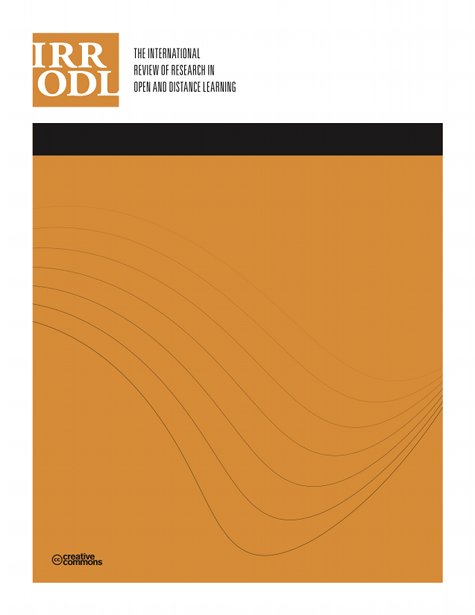
A Collaborative Approach to OER Policy and Guidelines Development in the Commonwealth: The Case of Botswana, Cameroon, and Sri Lanka
ARTICLE
Ishan Abeywardena, Commonwealth of Learning (COL) ; Shironica Karunanayaka, The Open University of Sri Lanka ; Michael Nkwenti, The University of Yaounde I ; Lekopanye Tladi, Botswana College of Distance and Open Learning
IRRODL Volume 19, Number 2, ISSN 1492-3831 Publisher: Athabasca University Press
Abstract
Access to relevant learning resources is an important aspect in ensuring inclusive and equitable quality education and lifelong learning opportunities for all as outlined in the sustainable development goal 4 (SDG4). The Commonwealth of Learning (COL) has identified the development of open educational resources (OER) as a potential answer to these challenges. A total of 29 provincial/regional OER policies and guidelines were developed in Sri Lanka, Botswana, and Cameroon closely involving 608 provincial/regional policymakers from the general education system. The innovation of this project lies in the collaborative approach adopted for OER policy/guideline development where a maximum number of policymakers at the provincial/regional level have been included in the policy development process. Key applications of the approach are mass-sensitization of policymakers, identification of champions in each province or region to drive the OER agenda forward, and the development of policies/guidelines tailored to the specific needs of a particular jurisdiction. The paper will also highlight the success factors, challenges, and the follow-up activities of the project.
Citation
Abeywardena, I., Karunanayaka, S., Nkwenti, M. & Tladi, L. (2018). A Collaborative Approach to OER Policy and Guidelines Development in the Commonwealth: The Case of Botswana, Cameroon, and Sri Lanka. The International Review of Research in Open and Distributed Learning, 19(2),. Athabasca University Press. Retrieved August 14, 2024 from https://www.learntechlib.org/p/183605/.
Keywords
References
View References & Citations Map- Abeywardena, I.S. (2017). A bottom-up approach to OER policy development. Proceedings of the Creative Commons Global Summit 2017. Toronto. Retrieved from http://sched.co/AFM5
- Adala, A.A. (2016). Current state of advancement of open educational resources in Kenya. UNESCO Institute for Information Technologies in Education. Retrieved from http://iite.unesco.org/pics/publications/en/files/3214744.pdf
- Butcher, N. (2012). A government policy development template to progress effective implementation of open educational resources (OER). Burnaby: Commonwealth of Learning. Retrieved from http://hdl.handle.net/11599/2336
- Camilleri, A.F., Ehlers, U.D., & Pawlowski, J. (2014). State of the art review of quality issues related to
- Ministry of Education Sri Lanka. (2013). Education first Sri Lanka-Ministry of education. Colombo: Author. Retrieved from www.moe.gov.lk/sinhala/images/.../Education_First_SL/Education_First_SL.pdf
- Ministry of Education Sri Lanka. (2016). School census preliminary reports-Ministry of education. Colombo: Author. Retrieved from www.moe.gov.lk/english/images/Statistics/stat201516/2016_new3.pdf
- Mphale, L.K., & Mhlauli, M.B. (2014). An Investigation on students academic performance for junior secondary schools in Botswana. European Journal of Educational Research, 3(3), 111-112.
These references have been extracted automatically and may have some errors. Signed in users can suggest corrections to these mistakes.
Suggest Corrections to References